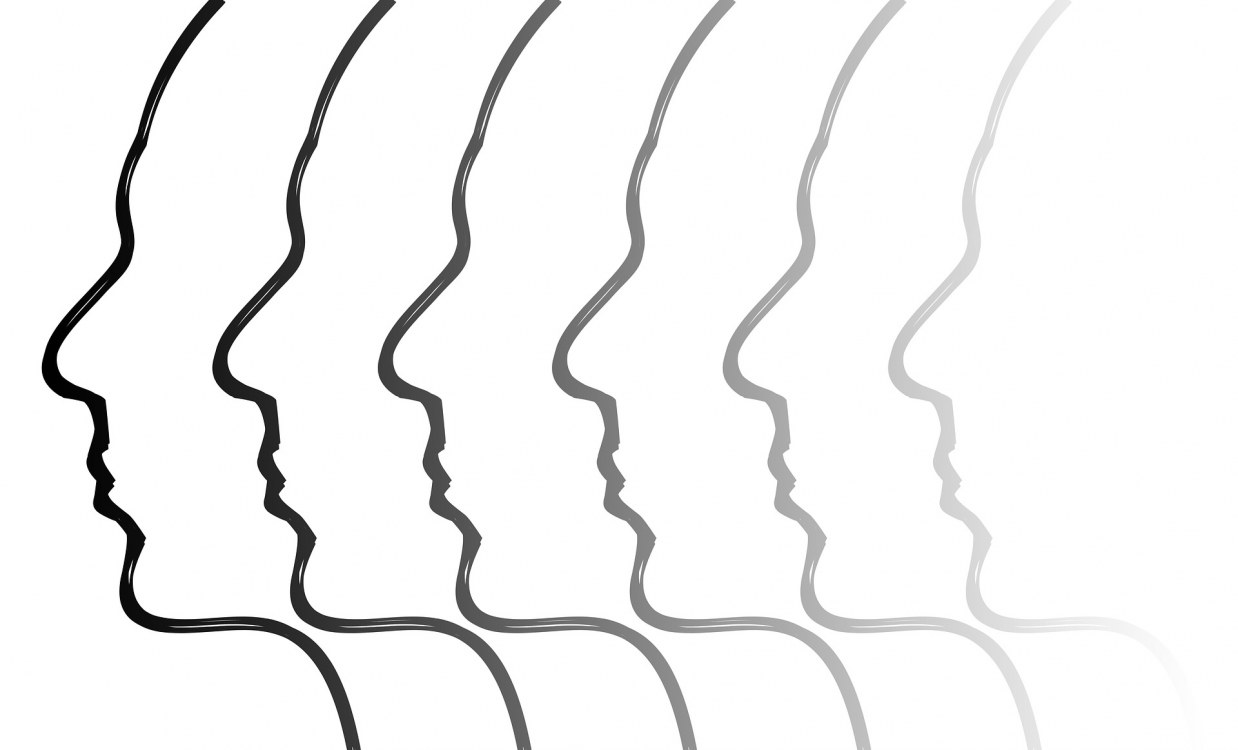How Sugar Feeds Your Anxiety
By: Audrey Schoen, LMFT #93948 Posted On Apr 21, 2017
There you are...just minding your own business, focused on your work, watching your favorite Tuesday night TV show, or trying to settle in for some sleep... and suddenly it comes over you. That skin crawling, chest tightening, mind racing, buzzing energy… anxiety.
I have dealt with anxiety as long as I can remember, and while how and when it happens has changed over time, and how I deal with it has improved over time, something I only realized recently is how food, especially sugar, plays a role.
In the past few years I have paid close attention how different foods impact my body and mind, and most particularly to sugar. A few things have become apparent:
Sugar triggers anxiety within about 30 minutes, and can last an hour or more
When I’m tired due to lack of sleep, it amplifies the effects
After eating sugar I struggle more with emotional regulation
I tend to be more irritable
I have a tougher time focusing on my work
Sugar makes me restless, especially my legs
In the evening consuming sugar impacts my sleep negatively
Eating sugar within an hour or so of bedtime is followed by strange and often nightmarish dreams.
It’t not just all in your head either. Sugar consumption impacts the central nervous system, blood glucose and the adrenals. After the spike, blood glucose levels drop. Your body feels unwell, your heart rate increases. In response to low blood sugars, your body tells your adrenals to pump out some stress hormones, which makes you feel more anxious.
So just never eat sugary sweets again, right?... not so fast!
While I wont be piling up my desert plate at every meal, it would be unreasonable to believe that I am never going to eat a cookie, ice cream or cake ever again. So I wanted to share some strategies I have used to still be able to enjoy an occasional sweet indulgence, and minimize the negative side effects. I am a big believer in reality based decision making. Ignoring the reality or denying it doesn't make it not true. Accept it and deal with it.
Choose proactive coping. I know if I eat it, I will feel anxious. By acknowledging that I can plan for the need to cope with the anxiety that will follow. I can choose proactive coping like taking a brief walk, doing some breathing exercises, or choosing a more active task to keep my body moving.
Choose your timing wisely. There are certain times I prefer to eat sugary treats. For me, that's usually either about an hour before or within an hour after an intense workout. Similarly, another good time is at the start of a highly active period of my day. I also have times I try to avoid, like first thing in the morning, right after lunch, or in the evening before bed, since that’s when it seems to affect me the worst.
Choose your treats wisely. Not every cookie or candy is worth it. Weighing the value of the treat with the negative impact that often follows can make some items much less appealing. If I am going to feel anxious and moody, it better be well worth it!
While sugar may not directly cause anxiety, it’s clear that it can trigger feelings of anxiety and amplify anxiety symptoms. Changes our bodies undergo when consuming and digesting food has a direct impact on our mental health, and the foods we choose to eat can either move us further from or closer to our desired mental state.
So next time you have an opportunity to partake in a sweet treat, ask yourself, "is it really, truly worth it?”
Audrey Schoen
LMFT #93948